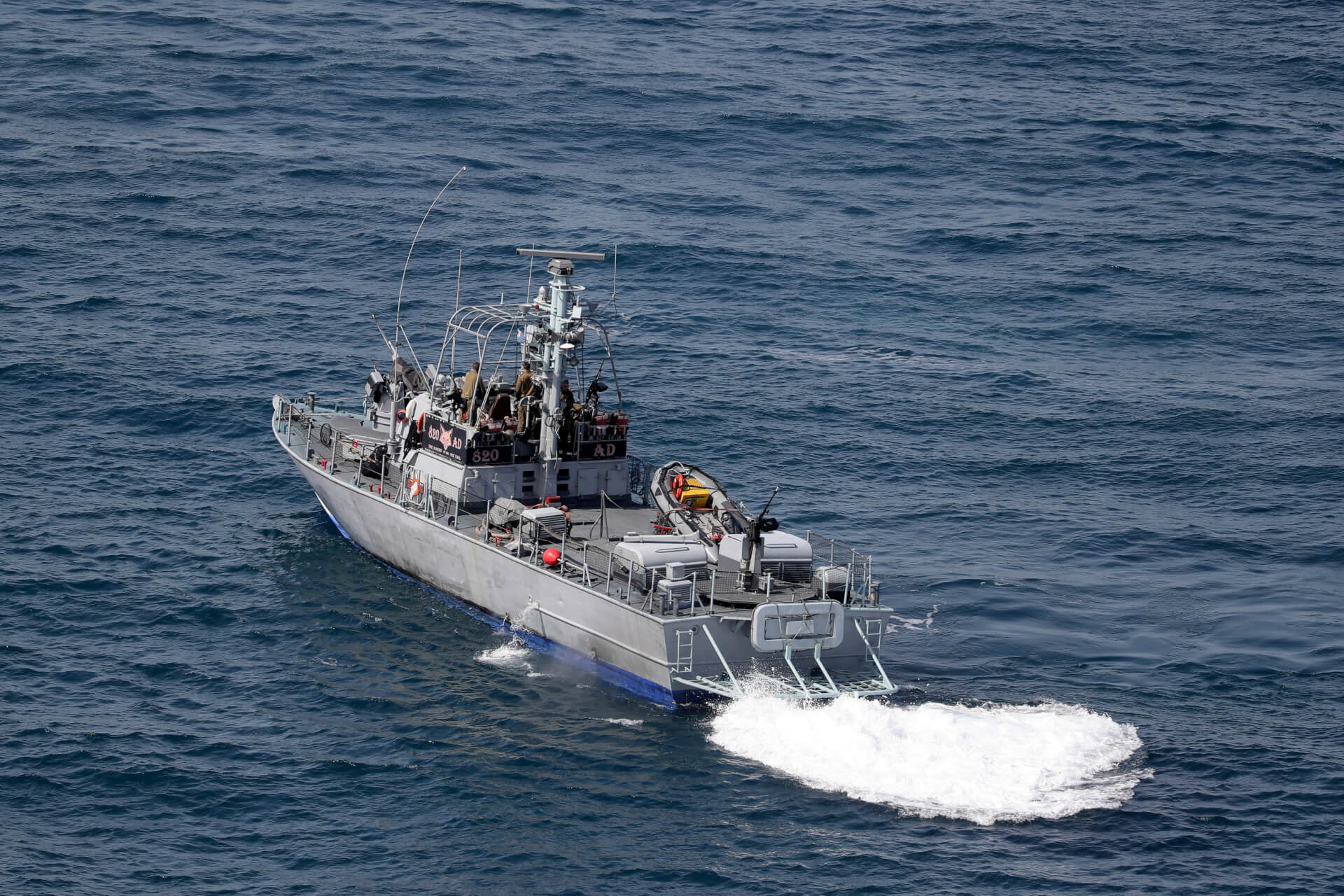On Tuesday, Israel and Lebanon resumed indirect talks mediated by the United States (US) over their disputed maritime boundary after a six-month pause. While the US, led by John Desrocher, urged both parties to negotiate based on the borderlines already submitted to the United Nations (UN) in 2011, Lebanese President Michel Aoun said that there should be no preconditions for talks and that they “should rely on international law that will remain the basis for reaching a fair solution.”
The negotiations, scheduled for different sessions, were held at a UN Peacekeeping base in Lebanon’s Naqoura, near the border with Israel. Although very little is known about what was discussed during the talks, it is possible that both Beirut and Tel Aviv have sought to revive the framework agreement reached between the two countries last October on resolving outstanding issues regarding the maritime border.
Both sides have been at loggerheads for a long time regarding claims over coastal drilling and exploration rights. While Israel and Lebanon claim around 860 square kilometres (330 square miles) of the Mediterranean Sea within their Exclusive Economic Zones (EEZ), Lebanon made additional claims—which increased the disputed area to more than 2000 sq. kms—during last year’s discussions further complicating the dispute. At the time, Israeli Energy Minister Yuval Steinitz accused Lebanon of “blowing up” the negotiations.
The countries also do not share any bilateral ties and have technically been in a state of war since 1982 after Israel invaded Lebanon to prevent violence from the country’s civil war from spilling over into its own borders. Israel’s conflict with Lebanese militant group Hezbollah has also posed a major obstacle in renewing ties with Beirut.
Lebanon, for its part, has been facing an acute economic and political crisis for several years. The country descended into further chaos following last year’s devastating blast at the Beirut Port that resulted in more than 200 deaths and about $15 billion in economic losses. The government also stepped down after the blast and has been unable to form a new cabinet ever since.
The country has not recovered from this shock and is desperately searching for sources of additional revenue, which includes looking for commercial gas reserves in its EEZ. In this respect, the country decided to further expand its claims over the disputed area last month, which resulted in condemnation from Israel. Steinitz said that the move would only derail the talks rather than reaching a lasting solution. “Unilateral Lebanese measures will, of course, be answered with parallel measures by Israel,” he added.
Israel, on the other hand, has been able to successfully extract gas resources from its EEZ. The discovery of two huge gas fields—Tamar and Leviathan—added greatly to its capabilities to manage its energy requirements. Israel has also been attracting investments from foreign companies. Recently, the United Arab Emirates (UAE)-state-owned Mubadala energy company purchased a 22% stake in the Tamar field for $1.1 billion.
The talks are aimed at reducing this disparity in resources. While the US has been mediating the dispute for over a decade, it has not yet been able to find a lasting solution.
Lebanon, Israel Resume US-Mediated Talks on Maritime Border
While the US urged both parties to negotiate based on the borderlines already submitted to the United Nations (UN) in 2011, Lebanese President Michel Aoun said that there should be no preconditions.
May 5, 2021

An Israeli navy boat in the Mediterranean Sea close to the Lebanese border SOURCE: REUTERS
